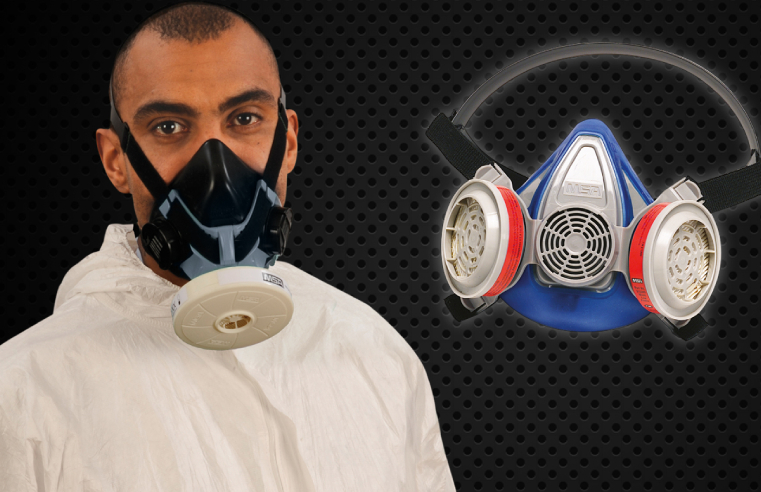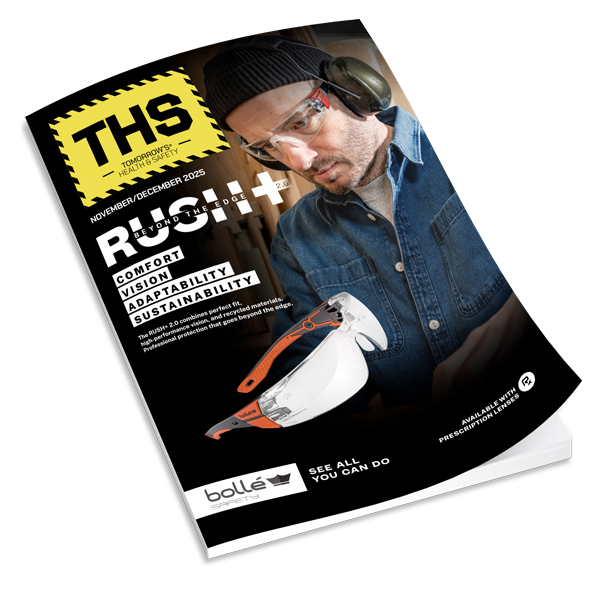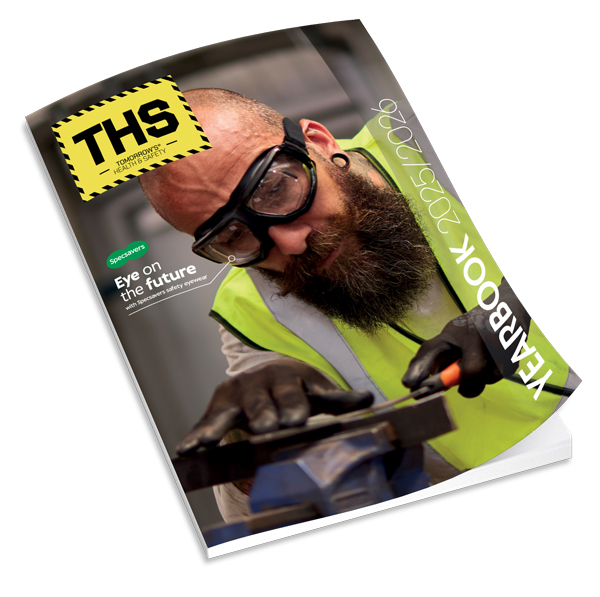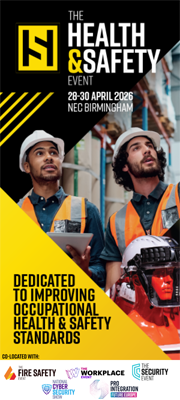The Covid-19 pandemic has revealed an increased demand for single-use, disposable half-mask respirators, commonly referred to as “FFP2” or “N95.” This increased demand has presented gaps with the availability and consistent supply of these products to healthcare facilities around the world. And at the same time, the widespread use of disposables has raised many questions and doubts about how they affect environmental pollution. It’s a good idea to consider additional respiratory protection options to help keep people safe.
Disposable vs. reusable
Challenges triggered by the shortage of disposable face masks for personal protection during the Covid-19 health crisis have led to the search for other, reusable options to help protect the users' health. Precautionary guidelines issued by the European Center for Disease Prevention and Control (ECDC) and the U.S. Center for Disease Control and Prevention (CDC) recommend respirators with a minimum protection level of at least an FFP2 mask, in European Standards EN 149 and EN 14683. And the CDC indicates that elastomeric half-mask and full facepiece air purifying respirators (APR), powered air purifying respirators (PAPRs) can be used “where feasible”.
Evidence published in the policy document of UCL (University College London) Plastic Waste Innovation Hub suggests that “reusable masks perform most of the tasks of single-use mask without the associated waste stream.” The European Commission also shifts public attention to the environmental benefits of reusable personal protective equipment which comply with the European Green Deal program to implement the sustainable growth for achieving a climate neutral continent.
The pursuit of environmental sustainability
These elastomeric air purifying respirators are the standard personal protective devices used in many industries, but currently not in healthcare. One notable advantage of reusable respirators is sustainability. The use of sustainable products can help to protect healthcare personnel while reducing the environmental burden. They are made of synthetic material or rubber, designed for reuse and can be repeatedly cleaned, disinfected and placed back into service.
The ability to reuse elastomeric respirators is a major advantage that allows a single mask to do the work of hundreds, if not thousands, of disposable FFP2s.
Cost effectiveness
When considering the cost, reusable elastomeric respirators present many opportunities for savings. Thanks to their reusability, such respirators require just a fraction of the storage space needed for disposable masks, resulting in cost savings. A comparative cost analysis revealed reusable elastomeric half-face respirators to be less costly to stockpile than disposable masks. Furthermore, it was concluded that stockpiling an adequate amount of FFP2 respirators alone to distribute to all first responders is prohibitive in terms of both cost and volume.
There are some recent success of this approach already on record in the healthcare industry. For example, in response to the supply demands on and increased costs of single-use masks during the COVID-19 crisis, the Allegheny Health Network, “AHN”, (a large academic medical center of nine hospitals with sites in Pennsylvania and Western New York) developed a program to lessen its dependence on such masks by acquiring industrial elastomeric half-mask respirators with disposable P100 filters. Due to this, within one month, the hospital network was able to decrease the number of N95 (FFP2) masks it needed by 95%.
The future outlook
Public health and safety are of course the top priority. But we as a society also need to recognise the wider waste problem that this pandemic has created. This is why organisations like MSA Safety have taken steps in plants across Europe and the U.S. to increase production of reusable elastomeric Advantage half-mask and full-facepiece air-purifying respirators.
A greater uptick in the use of these respirators can offer an option to reduce environmental damage by generating less waste. They can also supplement disposable mask stockpiles within healthcare facilities. This will not only support long-term cost-savings but, crucially, safeguard first responders and those on the frontline against any potential mask shortages.






























